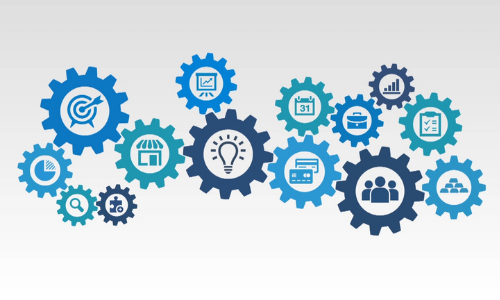About
The Economics of Mutuality is a groundbreaking management innovation based on more than fifteen years of in-depth academic research and business practice. It was developed within Mars, Incorporated in close partnership with Oxford University’s Saïd Business School and other leading organisations. Since August 2020, EoM has been hosted by a public interest Foundation headquartered in Geneva.
It empowers companies to adopt a fair and responsible form of capitalism that performs better than the purely financial version operating today. Its robust methodology and cutting-edge tools transform companies at the core – going beyond peripheral approaches such as CSR and ESG that are driven by compliance.
Three key ideas lie behind the Economics of Mutuality:
The primacy of purpose in driving strategy.
The power of orchestrating ecosystems at business unit level around purpose to mobilize and enhance hitherto untapped resources and value.
The importance of enhancing performance management across multiple forms of capital — social, human, natural and shared financial — to drive holistic value creation.
If these ideas are to be implemented within a company,
4 key management shifts must take place.

From a company-centric to a purpose-centric strategy.
Move your business from the implicit purpose of profit maximization, or from a purpose that is only descriptive of your past outcomes or values, to an actionable and inspirational purpose that positions your business as the champion of a cause that solves the problem of people or planet.

From antagonizing rivals in a linear value chain to orchestrating the ecosystem.
Move your business from relating to other stakeholder groups as ‘competing forces’ to mobilizing and influencing a broad range of partners to mutualize capabilities, innovate and fix systemic breakdowns.

From maximizing financial capital to balancing multiple capitals.
Move your business from measuring performance by short-term financial returns to using non-financial metrics (human, social and natural capital) as leading indicators of long term holistic value creation.

From purpose and profit being trade-offs to defining profit to align with purpose.
Move your business from measuring progress towards purpose only in terms of inputs and outputs, to placing progress towards purpose at the heart of your management accounts and incentives programs.
How the Economics of Mutuality Methodology Works
The Economics of Mutuality methodology is comprised of 6 stages within an innovative design process that align practice and performance with purpose:
From purpose to meaningful challenge
Ecosystem mapping
EoM metrics for performance
Interventions design
Mutual P&L
Our values
Mutuality
Creating reciprocal beneficial relationships among relevant stakeholders within society, the environment, and the economy.
Collective Intelligence
Harnessing a diversity of talent and investing in people who are driven by a sense of purpose that transcends self-interest and are keen to achieve the highest standards of creativity and excellence.
Integrity
Walking humbly towards our purpose, nurturing trust with one another, honoring past and future relationships, and acting justly in our daily work as we prioritize the common good.
Making a difference
Triggering a system change for an economy of purpose and prosperity that is performant for society and preserves the environment.
